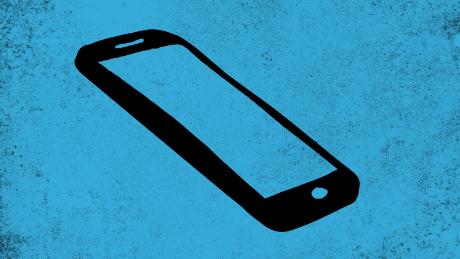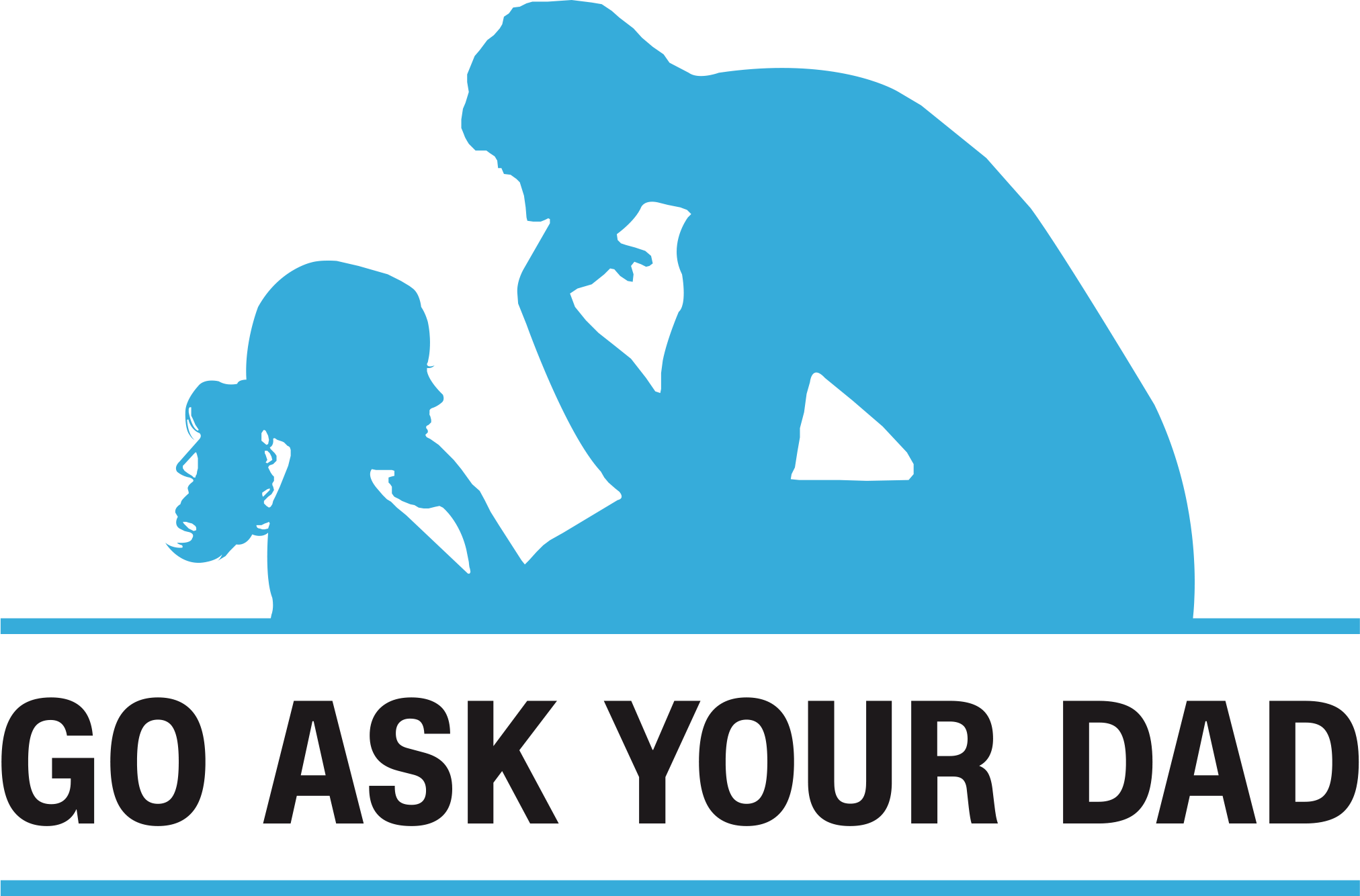Story highlights
- When I put the phone down or closed the computer, I engaged with my kids more by default
- Kids feel neglected when their parents are on devices, and there is an emotional toll, research shows
Go Ask Your Dad is parenting advice with a philosophical bent as one dad explores what we want out of life, for ourselves and our children, through useful paradigms and best practices. Share your insight at the CNN Parenting Facebook page.
(CNN)Children, can you stop what you're doing and listen to me for a moment? ... Thank you.
I wanted you to know that I've been giving you two a lot of thought lately and to tell you how much I love you. I know I say that all the time, but it's important that you really -- one sec -- sorry, I just need to check that message on my phone first ... Gimme one more sec ... OK, right, sorry. What was I saying?
Oh, right. I was saying how much I value you above all things. You give my life purpose and meaning and -- sorry, hold on, I just need to reply to one quick thing for work ... and now I'm back.
It's about that phone, actually. Because, as you know, for a little experiment, I gave up being on it and my laptop in front of you for a month. For the most part, I was pretty good, right? I closed the computer or put down the phone when you came into a room. And when I absolutely had to be on, I told you what I was doing and why I needed to do it then.
You didn't seem to notice one way or the other. But for me, it was an eye-opening experience. It made me realize how often I'm staring at a screen while talking to you, how often my attention is diverted from the most important people in my life in favor of whatever bits of information happen to be on those devices at the time.
And I noticed that when I put the phone down or closed the computer, I engaged with you more by default. I looked into your eyes while we talked, gave you my full attention. Instead of saying "What?" and asking you to repeat yourself, I heard you the first time, and we laughed or shared something or worked out whatever was on your mind.
Again, you didn't seem to notice one way or the other, but I suspect that you did register the difference. Over time, all that phone-watching of mine will teach you either that I'm too busy to give you or anyone else my full attention or that it's socially acceptable to look at a screen while talking to others, which I don't actually believe. It may be subconscious, but it's affecting you.
Clinical psychologist Catherine Steiner-Adair and Teresa H. Barker wrote a whole book chronicling the emotional toll for kids feeling neglected when their parents are on devices. "The Big Disconnect: Protecting Childhood and Family Relationships in the Digital Age" helpfully offers advice for the problem, including putting parental limits on screen time.
What's potentially worse is that I'm also modeling a behavior that could get us in an accident. According to a Common Sense Media poll, 51% of teens said they see their parents checking and/or using their mobile devices while driving. I'm scared to think of you starting to drive with all these terrible role models out there driving while distracted. And I'm one of them, even though you've heard the story of how your mother and I were driven off the road in Poland by a driver texting on his phone. Will I never learn?
I'm starting to, seriously.
Work emails, Slack, Facebook, texting with a friend, checking the weather: None of these is more important than you. They are not more important than Mom, either, or friends or anybody I'm in proximity to or driving with, actually. But most importantly, you.
Join the conversation on CNN Parenting's Facebook page
See the latest news and share your comments with CNN Parenting on Facebook.
I'm glad I forced myself to be off screens during the precious time we have together in the mornings, evening and weekends. I'm more aware of my tendency to ignore you when on them, and more aware of how eschewing screens (for the most part) improves our shared time.
I love you so, so much, and thank you for listening to me tell you what was on my mind. I just wanted you to know that -- oh, sorry, I thought I turned that off ... Where was I?







